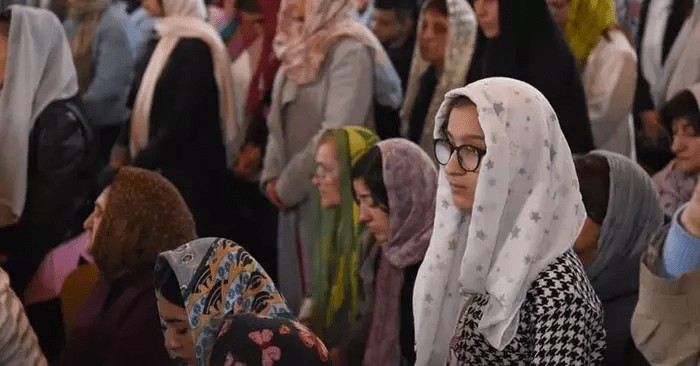By Wissam al-Saliby
December 17, 2024
Over a decade of civil war, Syria lost hundreds of thousands of its Christian population, with one estimate putting the number of Christians currently at less than 2% of the population – down from 10% pre-war.
With the fall of Bashar al-Assad’s regime, what is likely to come next for the Christians of Syria?
First, we hope and pray for stability and security for all Syrians, and for a transition to the rule of law, where all citizens are treated equally before the law. We’ve seen in other contexts in the Middle East that political transitions are risky and can lead to further violence, and possibly anarchy.
Second, despite its many violations of other human rights, the Assad regime granted freedom of worship to traditional Christian communities, treating them as on equal footing with Muslims. Will this continue under the new rulers of Damascus? Indicators to watch for include the safety and protection of Christians, the freedom for Christians to practice their rites, the right to a personal status law (marriage, divorce, inheritance), and the right to manage their financial endowments and their educational, medical, and social institutions.
Third, a much more delicate topic is the treatment of Muslim converts to the Christian faith. Many Middle Eastern countries recognize the existing, historic Christian communities but deny non-Christian citizens the right to espouse the Christian faith – and they actively persecute those who do. Since the start of the Syrian civil war, tens of thousands of Syrians – in Syria, in neighboring countries, and in Europe – have accepted Jesus as Lord and Savior in an unprecedented movement of the Spirit. Some of these Syrian converts have returned to their homeland as missionaries and planted new churches. How will the new rulers in Damascus accommodate this group? Will the converts have to go underground? Furthermore, will European nations accept asylum claims by Christian converts? In the past, several European nations have forcibly sent back Iranian converts to Iran.
Fourth, will the political transition and the process of forming the new government include Christians and other religious minorities?
Fifth, Christians in Syria have been vocal in their opposition to U.S. and European sanctions, which have impoverished the population and denied Christian charities the ability to serve Syrians in need. Sanctions, and over-compliance with sanctions, denied Christian-run hospitals the ability to buy medical equipment. The impact of sanctions helped cause many Christians to leave the country in search of better economic conditions. Since the regime change, Christian have leaders reiterated the appeal to lift sanctions. Will Western governments heed this call and remove sanctions that have hindered the economy and reconstruction of Syria?
Featured image caption: Christians in Syria (Credit: Crosswalk)

